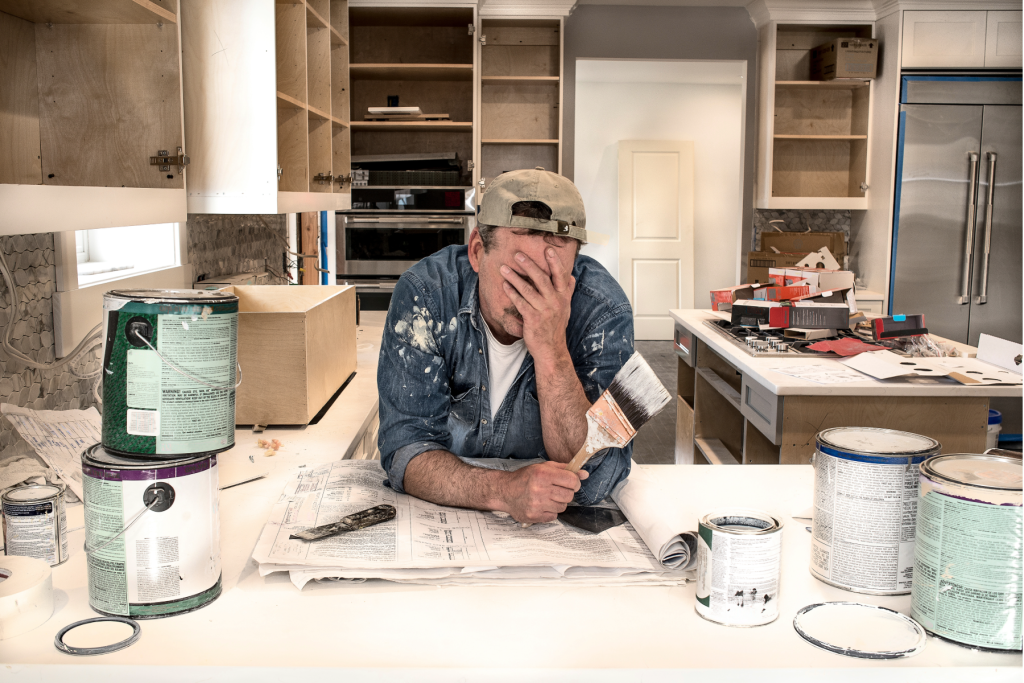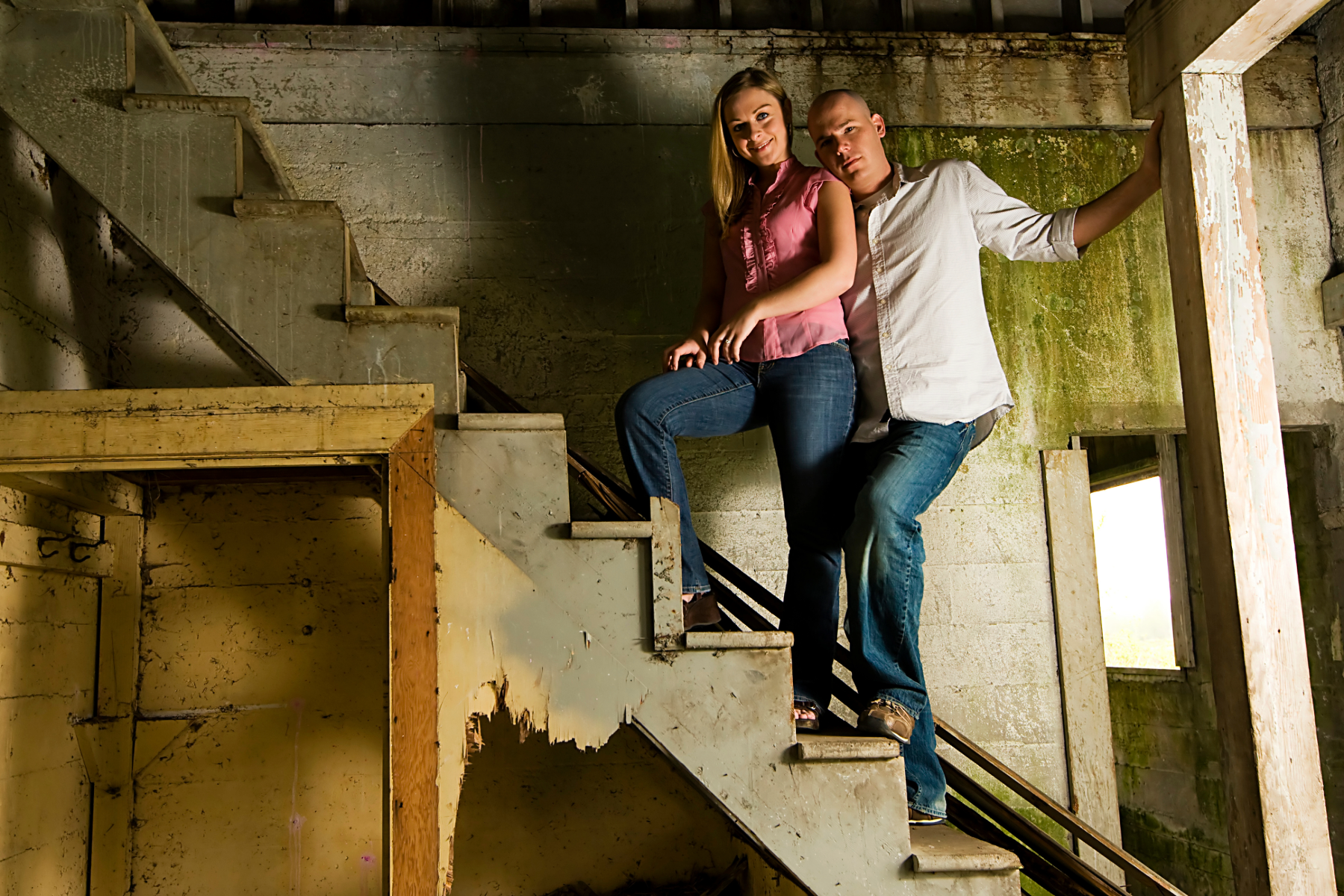Is a Fixer Upper Worth It? Exploring the Pros and Cons of Home Renovation
When it comes to buying a home, many people are faced with the decision of whether to purchase a move-in ready property or take on the challenge of a fixer upper. While the idea of transforming a run-down house into a dream home can be enticing, it’s important to carefully consider the pros and cons before diving into a renovation project. In this article, we will explore the advantages and disadvantages of tackling a fixer upper, weigh the financial benefits, and discuss the emotional rewards of transforming a property.
The Pros of Tackling a Fixer Upper: Is the Sweat Equity Worth It?
One of the main advantages of taking on a fixer upper is the potential for significant cost savings. Fixer uppers are often priced lower than move-in ready homes, allowing buyers to purchase a property in a desirable location at a more affordable price. Additionally, by investing time and effort into renovating the home yourself, you can build sweat equity and increase the value of the property. According to a study by the National Association of Realtors, homes that require renovation can be purchased for an average of 20% below market value.
Another benefit of tackling a fixer upper is the opportunity to customize the home to your specific tastes and needs. With a blank canvas, you have the freedom to design and create a space that reflects your personal style. Whether it’s updating the kitchen with modern appliances or adding a home office, the possibilities are endless. This level of customization is often not possible with move-in ready homes, where you may have to compromise on certain features.
Furthermore, taking on a fixer upper can be a rewarding and fulfilling experience. The sense of accomplishment that comes from transforming a dilapidated property into a beautiful home is unparalleled. It allows you to put your creativity and skills to the test, and the end result is a space that you can truly call your own. As Chip Gaines, co-host of the popular TV show “Fixer Upper,” once said, “There is something special about taking a house that needs work and turning it into a place that someone can call home.”
The Cons of Taking on a Fixer Upper: Potential Challenges and Hidden Costs
While there are many advantages to tackling a fixer upper, it’s important to be aware of the potential challenges and hidden costs that may arise during the renovation process. One of the main drawbacks is the amount of time and effort required. Renovating a home can be a time-consuming and labor-intensive task, especially if you have little to no experience in construction or remodeling. It’s crucial to have a realistic understanding of your own capabilities and the amount of work that needs to be done before taking on a fixer upper.
Another potential challenge is the presence of hidden costs. When purchasing a fixer upper, it’s common to uncover unexpected issues during the renovation process. This could include structural problems, electrical or plumbing issues, or the need for major repairs. These unforeseen expenses can quickly add up and blow your budget. It’s important to have a contingency fund in place to account for these unexpected costs and to be prepared for potential delays in the renovation timeline.

Weighing the Financial Benefits: Is a Fixer Upper a Wise Investment?
When considering whether a fixer upper is a wise investment, it’s important to weigh the financial benefits against the potential risks. While purchasing a move-in ready home may require a larger upfront investment, it can save you time and money in the long run. With a fixer upper, you may need to secure financing for both the purchase of the property and the renovation costs, which can be more challenging and costly compared to a traditional mortgage.
Additionally, the return on investment for a fixer upper can vary greatly depending on the location and the extent of the renovations. While some homeowners are able to significantly increase the value of their property through renovations, others may struggle to recoup their investment. It’s important to carefully research the local real estate market and consult with professionals, such as real estate agents and contractors, to determine the potential return on investment before purchasing a fixer upper.
The Emotional Rewards: Finding Satisfaction in Transforming a Fixer Upper
Beyond the financial considerations, there are emotional rewards that come with transforming a fixer upper. The process of renovating a home can be a journey of self-discovery and personal growth. It requires patience, perseverance, and problem-solving skills. As you overcome challenges and see your vision come to life, you will gain a sense of pride and accomplishment that is hard to replicate.
In addition, renovating a fixer upper can create a strong sense of attachment to the property. You have invested your time, energy, and creativity into making it a home, and this emotional connection can be deeply fulfilling. It’s not just about the physical transformation of the property, but also the memories and experiences that you create within its walls.
In conclusion, taking on a fixer upper can be a worthwhile endeavor, but it’s important to carefully consider the pros and cons before making a decision. The potential cost savings, customization opportunities, and emotional rewards can make the sweat equity worth it. However, the challenges, hidden costs, and potential financial risks should not be overlooked. By weighing these factors and conducting thorough research, you can make an informed decision and turn a fixer upper into your dream home.



